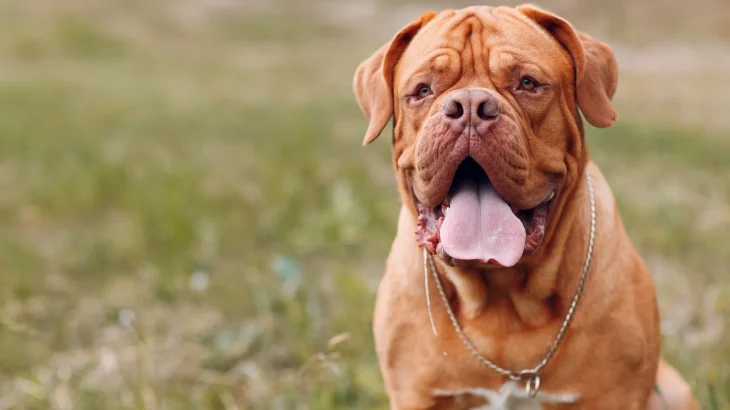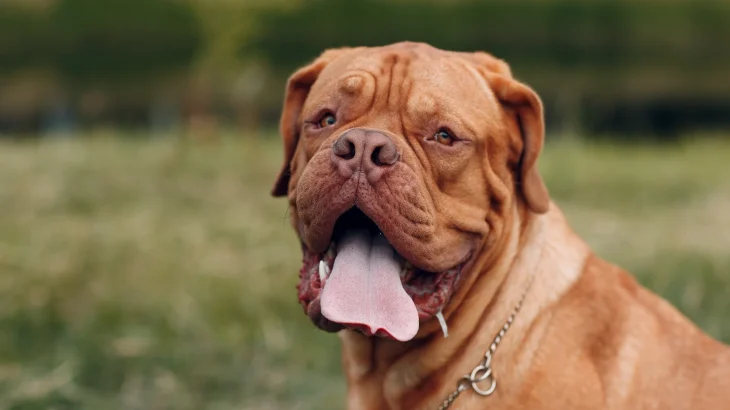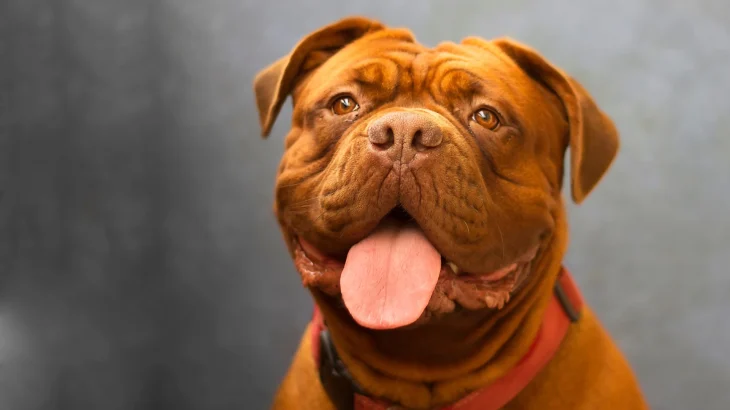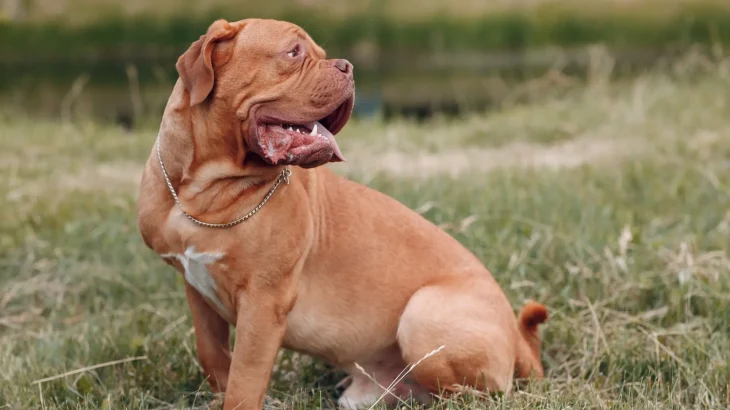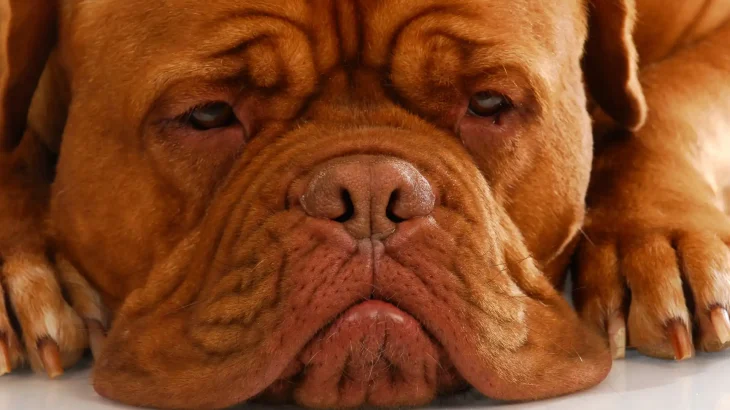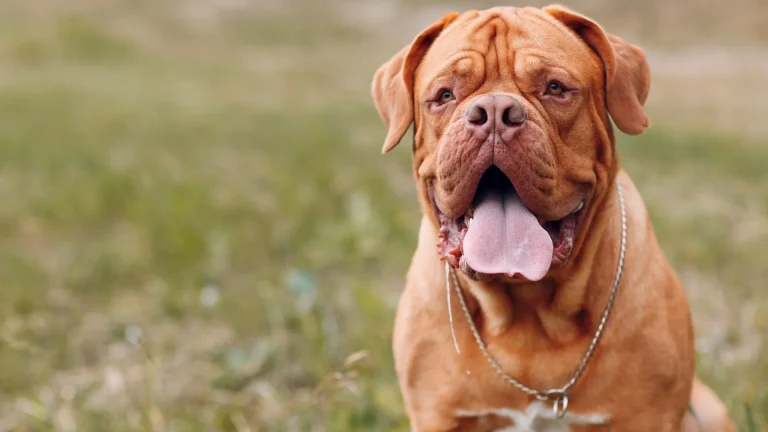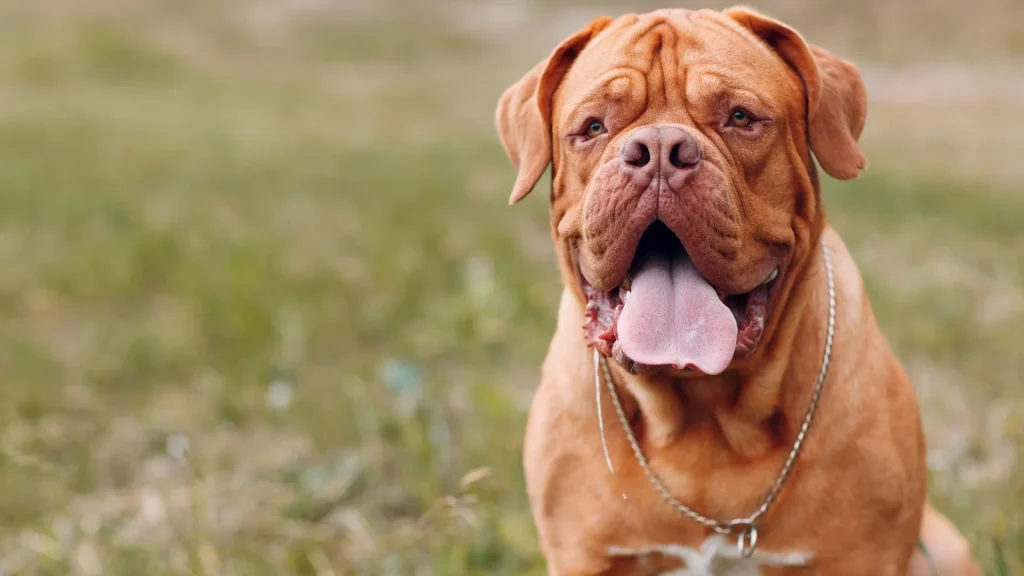Choosing between adopting or purchasing a Dogue de Bordeaux puppy involves balancing predictability with compassion. Buying from a breeder usually offers detailed health and lineage information specific to the breed, while adoption provides a second chance to dogs in need, though often with less certainty about their background. Both paths come with unique advantages and considerations for this distinctive breed.
Adoption vs. Breeder: Pros & Cons
| Criteria | Buying from Breeder | Adopting from Shelter/Rescue |
|---|---|---|
| Cost | Typically higher cost reflecting purebred status and breeding quality ($1,500-$3,000). | Lower fees, usually $100-$300, making it more budget-friendly. |
| Health History | Comprehensive records and genetic screening common, helping anticipate breed-specific health concerns. | Health history may be incomplete; basic vet checks provided but breed-related issues could be unknown. |
| Age Availability | Primarily puppies, allowing early socialization and training from a young age. | Dogs of various ages available, including adults, which might be easier to match for certain lifestyles. |
| Temperament Insight | Breeders often share lineage temperament and early behavior traits. | Temperament observed during foster or shelter stay, though full behavioral history may be limited. |
| Supporting Practices | Supports selective breeding programs aimed at maintaining breed standards and health. | Gives a home to dogs in need, contributing to animal welfare and reducing shelter populations. |
| Ethical Considerations | Must carefully choose ethical breeders to avoid supporting puppy mills or irresponsible breeding. | Strong ethical appeal due to rescuing a dog and possibly saving a life. |

